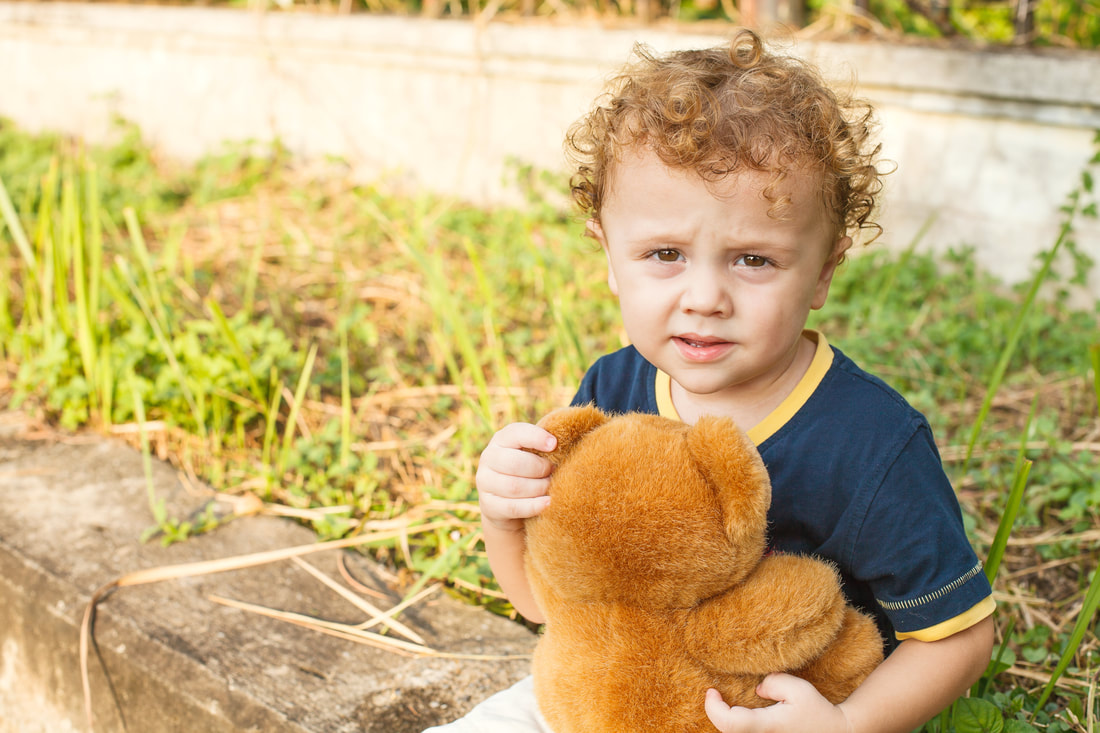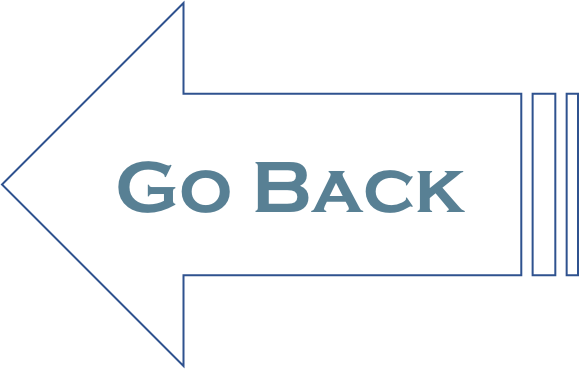Adverse Childhood Experiences |
Page 4 |
Cancer, heart disease, drug addiction, diabetes, mental illness.
These are just some of the conditions that have been shown to result from a high number of Adverse Childhood Experiences (ACEs) such as abuse, neglect, or household dysfunction. A very impressive body of research continues to show that adults who have reported a history of childhood trauma of some kind also have various health conditions that can alter their quality or length of life.
These are just some of the conditions that have been shown to result from a high number of Adverse Childhood Experiences (ACEs) such as abuse, neglect, or household dysfunction. A very impressive body of research continues to show that adults who have reported a history of childhood trauma of some kind also have various health conditions that can alter their quality or length of life.
Most people experience some type of trauma at some point in their childhood but what was largely unknown was the effect that had on the human body long term. From 1995-1997 The Center for Disease Control (CDC) and Kaiser-Permanente joined forces to study the connection between ACEs and health and well-being later in life. What was discovered has changed the direction of not only pediatrics and family medicine but of local services and education responses in many communities.
Educators, child care professionals, trainers, and administrators need to know about Adverse Childhood Experiences (ACEs) and trauma-informed practices.
There was a time when it was largely believed that lifestyle choices were the culprit for things such as heart disease and drug addiction which could lead to lessened quality and length of life. While this certainly is still true, medical science has spent a great deal of time investigating correlations between negative events in childhood and overall health. What has been found is a strong dose-response between abuse in childhood and the strength of the outcome of one’s health. According to the Centers for Disease Control (CDC) “Dose-response describes the change in an outcome (e.g., alcoholism) associated with differing levels of exposure (or doses) to a stressor (e.g. ACEs). A graded dose-response means that as the dose of the stressor increases the intensity of the outcome also increases.” This dose-response refers not only to types of outcomes but the severity which impacts length and quality of life.
Educators, child care professionals, trainers, and administrators need to know about Adverse Childhood Experiences (ACEs) and trauma-informed practices.
There was a time when it was largely believed that lifestyle choices were the culprit for things such as heart disease and drug addiction which could lead to lessened quality and length of life. While this certainly is still true, medical science has spent a great deal of time investigating correlations between negative events in childhood and overall health. What has been found is a strong dose-response between abuse in childhood and the strength of the outcome of one’s health. According to the Centers for Disease Control (CDC) “Dose-response describes the change in an outcome (e.g., alcoholism) associated with differing levels of exposure (or doses) to a stressor (e.g. ACEs). A graded dose-response means that as the dose of the stressor increases the intensity of the outcome also increases.” This dose-response refers not only to types of outcomes but the severity which impacts length and quality of life.
ACEs are grouped into several categories including abuse, neglect, and household dysfunction.
Each category encompasses several types of trauma. An abusive situation can mean many things but typically the abuse falls into one of three types which are reflected in the table. Neglect is commonly physical or emotional and household dysfunction can refer to several traumatic events.
Each category encompasses several types of trauma. An abusive situation can mean many things but typically the abuse falls into one of three types which are reflected in the table. Neglect is commonly physical or emotional and household dysfunction can refer to several traumatic events.


